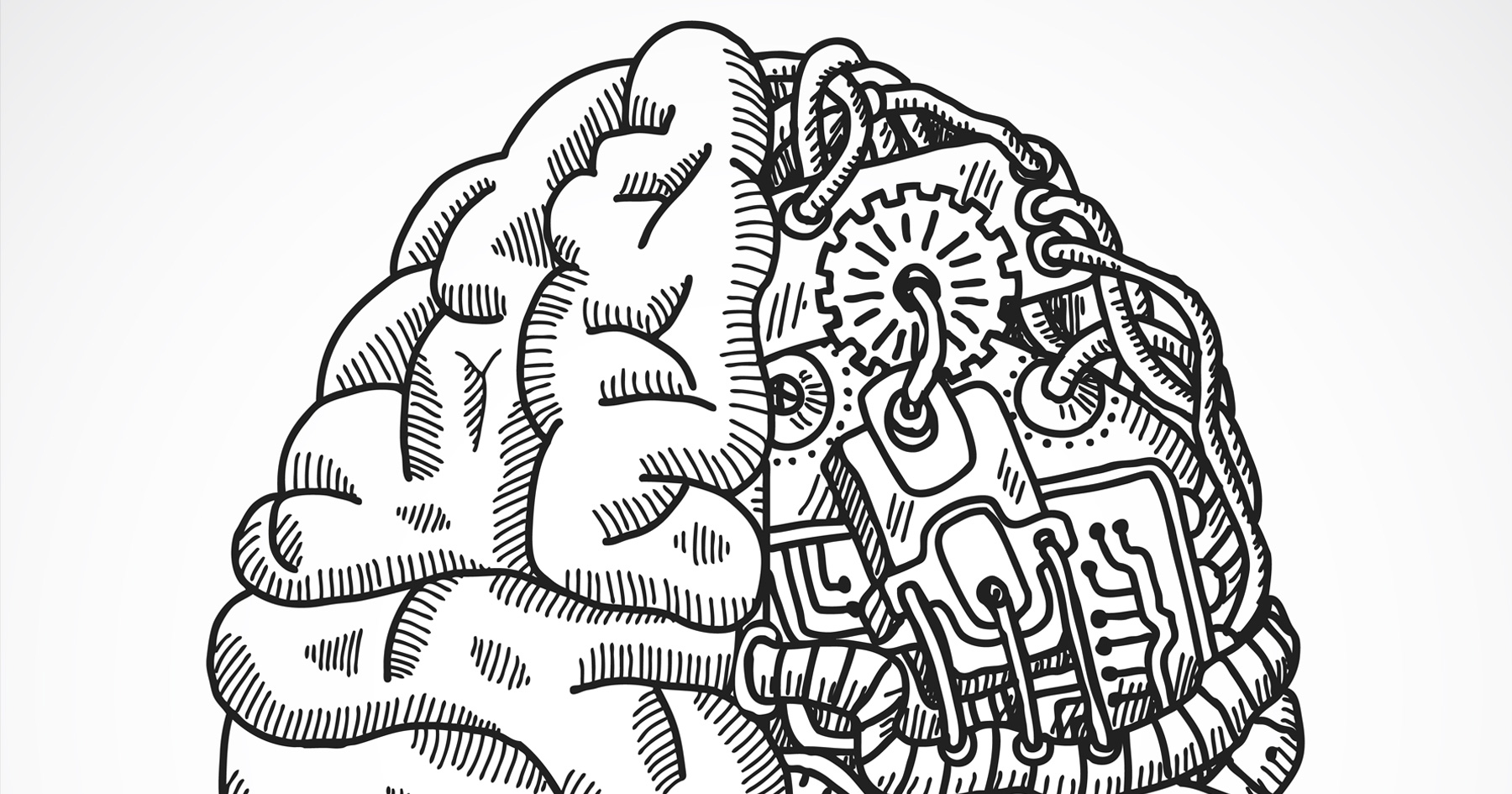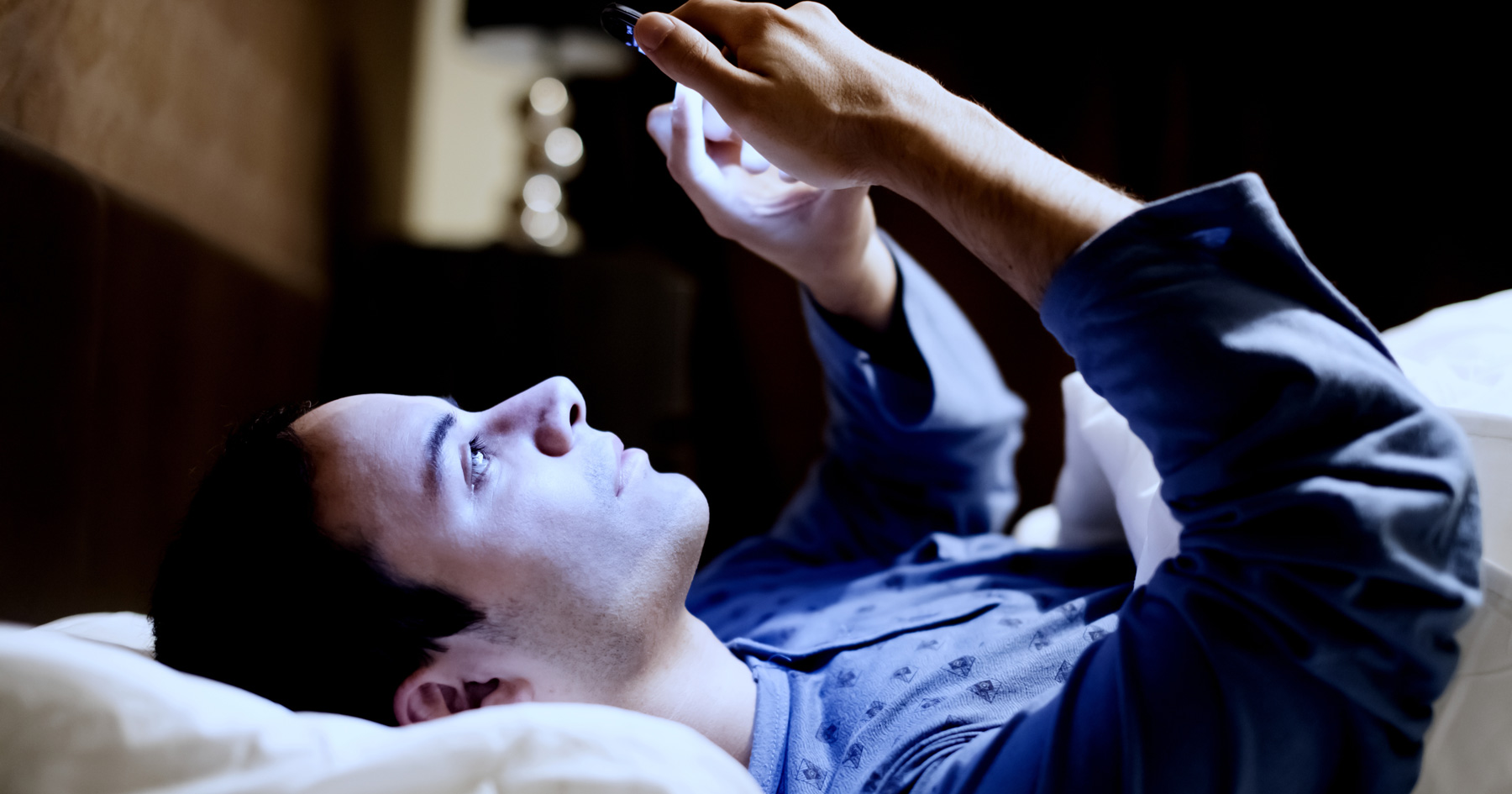Here's Why It's so Important to Unplug

By:
It’s 2015, and there’s no denying it: We live in an era of hyper-connectivity. We are constantly being bombarded with information—text, image, and video sweep into our consciousness night and day, flowing at us from our many screens. We’re pinged for urgent emails and random miscellany alike. Every buzz has the potential to be the day’s most important message. Usually, though, it’s nothing. Dan Cooper likes your photo.
No matter. Our devices are like technological extensions of ourselves, and as such, we have a really hard time putting them down.
RELATED: You Need to Stop Taking Your Smartphone to Bed
 Flickr/Susanne Nilsson - flic.kr
Flickr/Susanne Nilsson - flic.kr
Fifty-four thousand words: that’s how much textual information—in the form of digital content—is dumped on the average social media user per day.
When that measure is expanded to include emails, digital imagery, web browsing, and the like, it increases dramatically. According to a 2011 study reported by the Telegraph, we receive about 200 newspapers-worth of information everyday.
RELATED: How Much Do You Check Your Phone Every Day?
And how much information does the average person produce? About six newspapers-worth. Whether you’re sending messages via text or Tinder, it all adds up.
That same study also found that there were 295 exabytes of data floating around the world—that's 29,500,000,000,000,000,000,000 pieces of information. Three-hundred and fifteen times the number of grains of sand on Earth. That was in 2011; we’ve no doubt surpassed that count by now. Talk about information overload.
What does that do to our brains?
 Macrovector - bigstockphoto.com
Macrovector - bigstockphoto.com
“Our brains were never designed to be always on and permanently connected with the amount of stimuli that we get [today],” Max Blumberg, a research psychologist from Goldsmiths, University of London, said in a recent interview.
“Our brains haven't evolved to handle that level of high activity yet,” he continued. “And that's a problem.”
The science of how always-on technology impacts human behavior hasn’t been extensively explored—maybe because we’re still in the dawning of the information age. But some studies have been done, and the results are distressing. Researchers have found that social media might promote narcissism, smartphones could be causing insomnia, and screens seem to be making our kids less empathetic.
“Our brains will always be seduced by the high stimuli [of constant connectivity] because of the dopamine that it provides," Blumberg explained in another interview. "It's really similar to having ADHD.”
“People with ADHD, their big problem is that their cortex—the outer part of your brain that does the executive function like making decisions—doesn't function in the way that it is supposed to," he continued. "Unlike animals, who are distracted by every stimulus they encounter, human beings have the cortex, which is supposed to help them weigh up whether what they are currently doing is more important than whatever the new stimulus is—whether it's a Facebook notification, phone call, or email.”
Essentially, we’re over-stimulating ourselves. Constant connectivity makes it hard to sustain attention on one task at a time. It can make us get all willy-nilly with our focus, giving our attention to whatever is right in front of us, without thinking about whether or not what is in front of us is truly worth our time. As a result, it’s harder to engage in deep thought, critical thought, and creativity.
Blumberg thinks this is going to have a serious impact on society:
"In fact, what I think we're going to see is a society that is even more divided into the ‘haves’ and the ‘have nots’. And we're already starting to see that the kids from richer backgrounds are really restricted in the amount of TV and internet that they are allowed to use because their parents who built these big companies know that that is what is required to be able to achieve such things, so those kids are going to end up building the big companies of the future.
"And the kids from poorer backgrounds, who are online all the time and have a very reactive brain, will end up being the consumers and customers of the other kids' companies. There will be a huge market where people will buy anything because the brand is flashed up without having any critical thinking about it because their brains are not used to deep thinking."
But there is a solution.
 Flickr/Don Graham - flic.kr
Flickr/Don Graham - flic.kr
Sounds pretty bleak, but there is a solution: Turn off. Unplug. Go on a digital detox.
Daniel J. Levitin,* Ph.D., is the director of the Laboratory for Music, Cognition and Expertise at McGill University and author of the book “The Organized Mind: Thinking Straight in the Age of Information Overload.” According to him, unplugging is a practice, not just a one time special event. And it’s not as hard as you may think. He explained how to hit the reset button for your brain in an article for the New York Times last year:
"Every status update you read on Facebook, every tweet or text message you get from a friend, is competing for resources in your brain with important things like whether to put your savings in stocks or bonds, where you left your passport or how best to reconcile with a close friend you just had an argument with.
"If you want to be more productive and creative, and to have more energy, the science dictates that you should partition your day into project periods."
Levitin suggests doing your daily activities (even digital ones, like social networking and emailing) at designated times. Your brain—and output—will be better for it.
“Increasing creativity will happen naturally as we tame the multitasking and immerse ourselves in a single task for sustained periods of, say, 30 to 50 minutes,” he wrote in the Times. And when you’re not plugged in? “Several studies have shown that a walk in nature or listening to music can trigger the mind-wandering mode. This acts as a neural reset button, and provides much needed perspective on what you’re doing."
That’s helpful when the goal is being able to disregard a stimulus that isn’t that important. Even what might feel like doing nothing gives our brains the much needed break from technology required for problem solving and making an impact on the world. Levitin explains, "daydreaming leads to creativity, and creative activities teach us agency, the ability to change the world, to mold it to our liking, to have a positive effect on our environment."
 Minerva Studio - bigstockphoto.com
Minerva Studio - bigstockphoto.com
Using unplugged time to pursue your hobbies or passions can have enormous benefits, too. Levitin says that "music, for example, turns out to be an effective method for improving attention, building up self-confidence, social skills and a sense of engagement." You might want to reconsider those guitar lessons you’ve always wanted to take.
Music isn’t the only way. The ultimate goal is to increase our human potential, and to do that all we have to do is pause. Put down the iPhone, stop staring at the screen, and ignore the timeline for a bit.
RELATED: One App Is Trying to Undo Your Smartphone Addiction
"Taking breaks is biologically restorative. Naps are even better," Levitin concludes. "In several studies, a nap of even 10 minutes improved cognitive function and vigor, and decreased sleepiness and fatigue. If we can train ourselves to take regular vacations—true vacations without work—and to set aside time for naps and contemplation, we will be in a more powerful position to start solving some of the world’s big problems. And to be happier and well rested while we’re doing it." So go ahead. Give yourself a vacation. You deserve it.
*Dr. Daniel J. Levitin's name was misspelled in the article. This has been corrected. ATTN: regrets the error.
